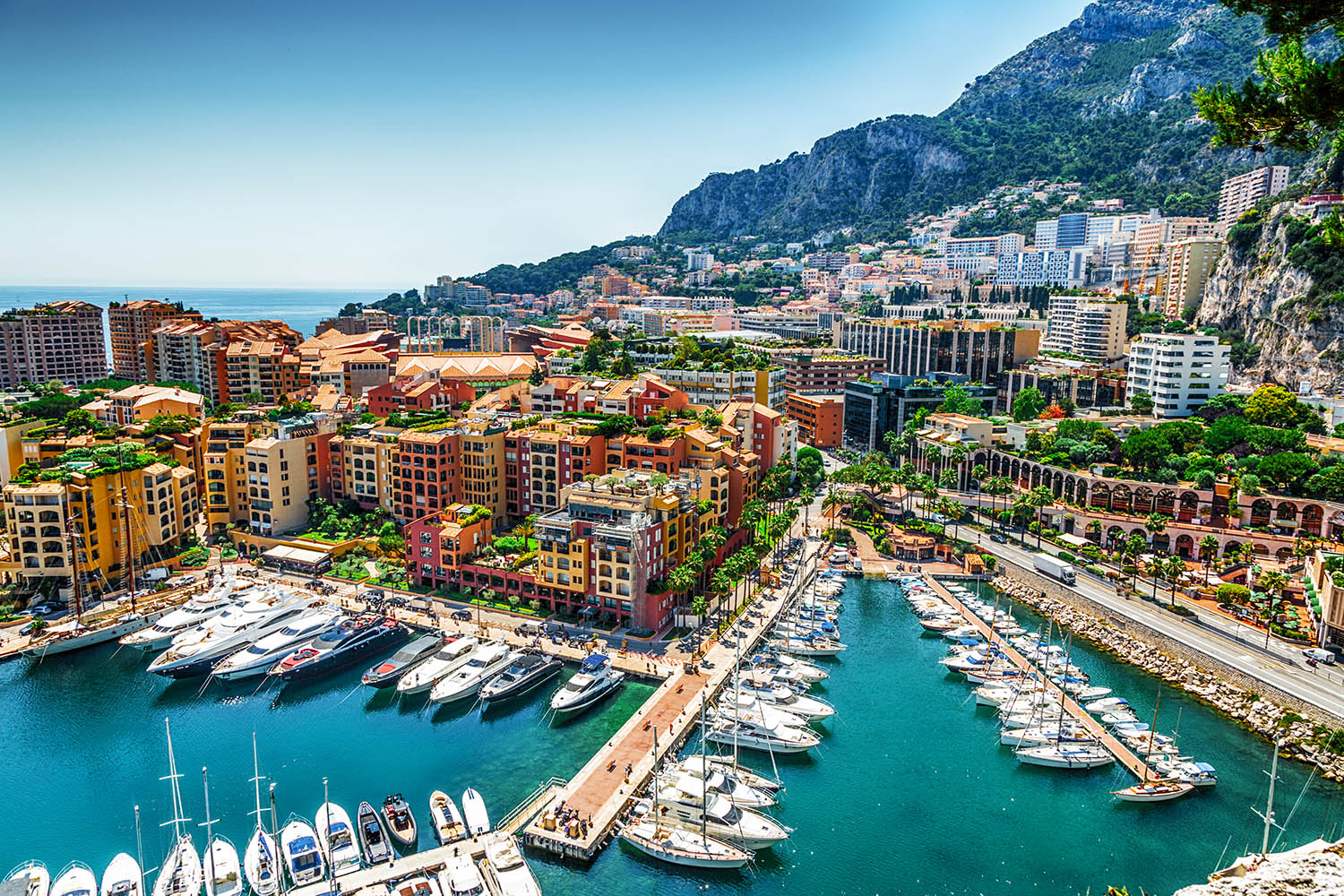Mounting evidence that super-rich non-doms are quitting the UK after changes to how they are taxed may push Rachel Reeves into an embarrassing U-turn.
The chancellor had hoped that scrapping old rules that let wealthy people from abroad live in the UK without paying taxes on their overseas income would generate revenue for the Treasury and satisfy the “bash the rich” instincts of the party’s base.
Instead, it could end up lowering the tax take while damaging Britain’s image with the sort of internationally mobile investors Labour arguably needs to deliver faster economic growth.
The rich have not been going quietly. Already lobbied by several leading global chief executives, Reeves was finally persuaded to think again by Varun Chandra, Keir Starmer’s business adviser, after a series of meetings he had with non-doms saying they would like to stay but feel they have no choice but to go.
A recent study by Bloomberg of data from Companies House found that more than 4,400 corporate directors have left the country since Labour took office, and that departures in April, when the tax changes took effect, were up 75% on the same month last year.
This confirmed the impression created by stories about tycoons fleeing to more tax-friendly places such as Milan, Monaco and the United Arab Emirates.
Prominent leavers include Egyptian entrepreneur Nassef Sawiris, German crypto-bro Christian Angermayer and British private equity pioneer Jeremy Coller.
Labour and the Tory government it replaced had felt emboldened to scrap the 200-year-old non-dom system by academic research from the London School of Economics and Warwick University that suggested hardly anyone would leave. But this research looked at tweaks made to the non-dom rules in 2018, which did not expose the wealthy to inheritance tax after losing their non-dom status.
Knowing nearly half their fortune could go to the Treasury has triggered the exodus
Knowing nearly half their fortune could go to the Treasury has triggered the exodus
Nor did the reforms introduced by Conservative chancellor Jeremy Hunt in 2024. Yet in her first budget, Reeves ruled that not only would non-doms have to start paying income and capital gains tax on overseas earnings, but also their foreign assets would be subjected to Britain’s 40% inheritance tax, one of the highest in the world.
It is the thought that if, for example, they were to fall off their mega yacht, nearly half their fortune would go to the Treasury that seems to have triggered the exodus.
Newsletters
Choose the newsletters you want to receive
View more
For information about how The Observer protects your data, read our Privacy Policy
Should the rules stay? A politician, two family office advisers, a tax expert and two estate agents share their views.
Photography by Garsya/Getty

